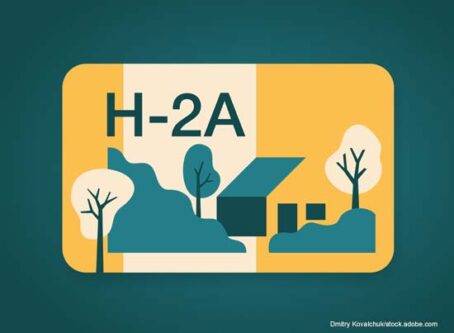Ninth Circuit upholds AB5 in gig worker case
The full 11-judge panel of the U.S. Court of Appeals for the Ninth Circuit upheld California’s worker classification law, AB5, in a ruling announced on Monday, June 10.
AB5 was signed into law in 2019 with the stated goal of preventing businesses from misclassifying workers as independent contractors. Lydia Olson and Miguel Perez – drivers for Uber and Postmates – filed a lawsuit that same year, arguing that AB5 violates the Equal Protection Clause.
The Ninth Circuit ruled unanimously in favor of the state.
“AB5 does not directly classify any particular workers as employees or independent contractors,” Judge Jacqueline Nguyen wrote in the court’s opinion. “Rather, under AB5, as amended, arrangements between workers and referral agencies that provide delivery or transportation services are automatically subject to the ABC Test adopted by the California Supreme Court.”
The law is based on the ABC Test, which says that a worker is considered an employee unless three factors are established.
AB5 was originally purported as a general labor law that would cover a variety of industries, including trucking, app-based delivery companies and journalism. However, exemptions were later granted to workers in multiple fields. Opponents contend that the law now targets gig workers and the trucking industry.
“Under the deferential rational basis standard, the en banc (full panel) court concluded that there were plausible reasons for treating transportation and delivery referral companies differently from other types of referral companies, particularly where the legislature perceived transportation and delivery companies as the most significant perpetrators of the problem it sought to address – worker classification,” Nguyen wrote.
AB5 in trucking
In a separate case, the California Trucking Association and Owner-Operator Independent Drivers Association recently filed an appeal to the Ninth Circuit over AB5.
The California Trucking Association and OOIDA have argued that AB5 imposes undue burdens on interstate commerce in violation of the dormant Commerce Clause. In addition, OOIDA and the state trucking group have said that the law’s decisions on who it exempts violate the U.S. and California constitutions’ equal protection clauses. LL









